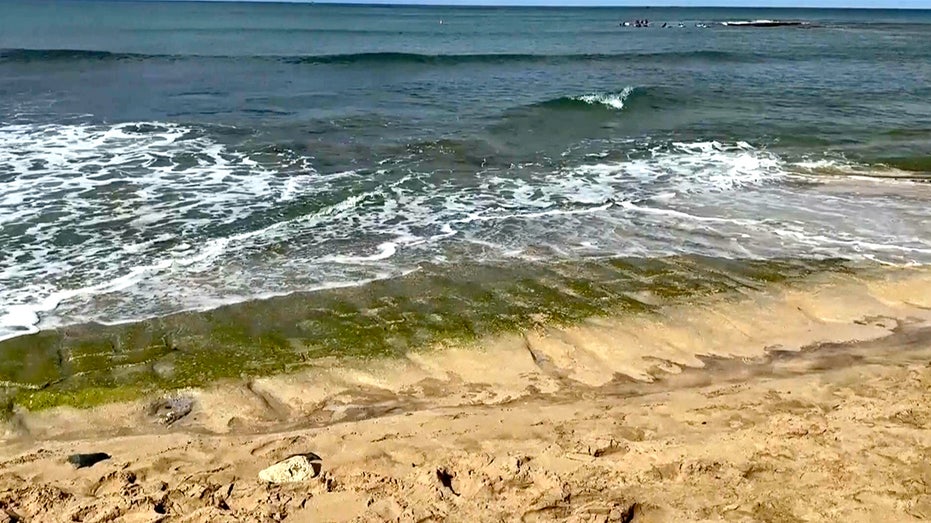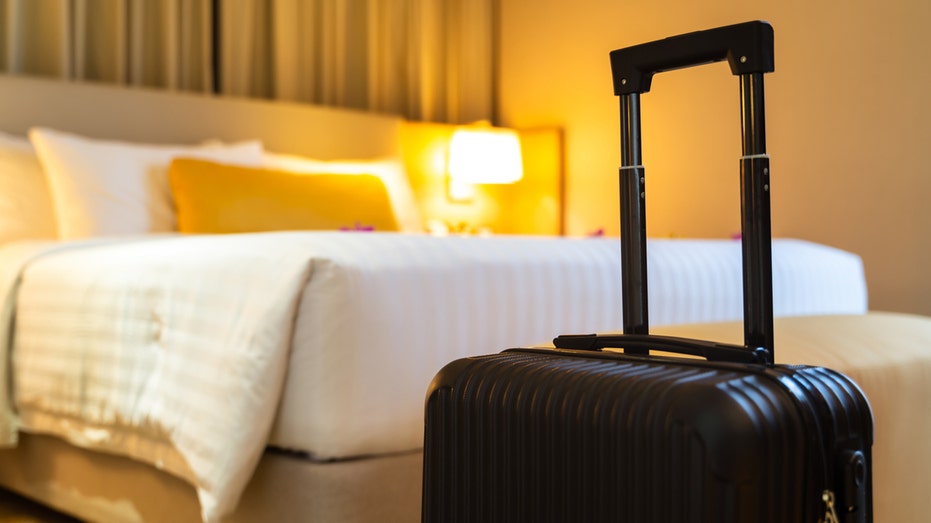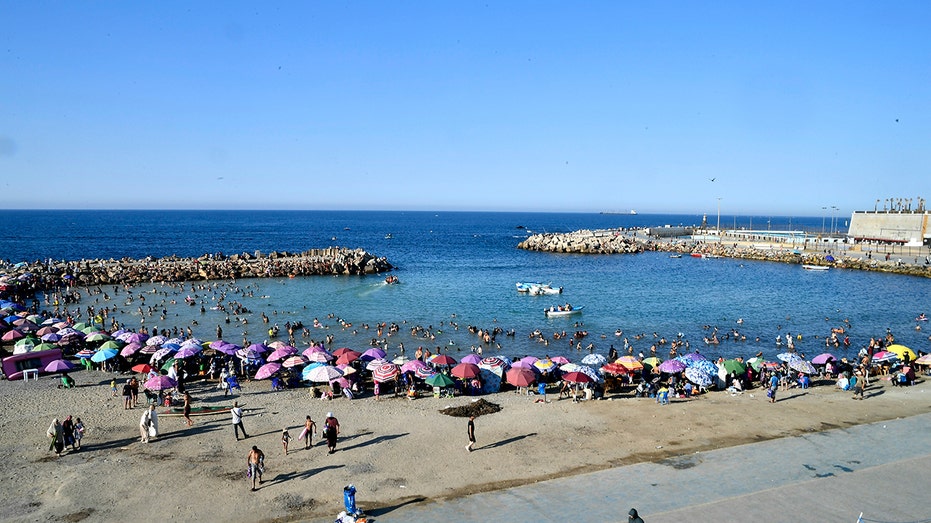Travel Scams and Safety Tips: What You Must Know Before Your Next Vacation

Sarah Johnson
March 2, 2025
Brief
Learn how to avoid travel scams, ensure personal safety, choose reliable agents, secure travel insurance, and protect your data for a worry-free vacation in 2024.
Travelers beware: Scammers are lurking, personal safety requires vigilance, and insurance is your best friend. Planning a dream trip? Here's what you need to know to keep it from turning into a nightmare.
Too good to be true? Vacation scams are booming, with over 55,000 cases costing travelers $122 million in 2023, per the Federal Trade Commission. Fake websites and convincing scammers posing as travel agents are common traps. Erika Richter, of the American Society of Travel Advisors, warns about the increasing number of unlicensed "professionals" in the field. "You need more hours and licenses to cut hair than to book travel," she says. Let that sink in for a moment.
Want proof? An Atlanta-based travel agent was arrested after allegedly swindling over $100,000 from a university basketball team for bogus travel arrangements. Yes, even the pros get duped.
Richter advises using platforms like verivacation.com to verify travel agents' credentials. "Make sure you're working with someone legit," she says. Ethics courses, continuing education, and a proven sales track record are just a few of the hoops real agents jump through to gain certification.
Global risks: From terrorism to natural disasters, the State Department's Travel Advisory system ranks countries on a scale of 1-4 based on safety. A spokesperson emphasizes that U.S. citizens abroad should stay informed by visiting travel.state.gov and enrolling in the Smart Traveler Enrollment Program (STEP). This program keeps travelers updated on safety alerts and allows embassies to contact you in emergencies. Honestly, it sounds like a small effort for a big layer of peace of mind.
Health emergencies: Most U.S. health insurance plans won't cover you overseas. Thomas Stefaniak of the United States Travel Insurance Association advises adding travel insurance to your budget. A base plan costs $250-$500 and can cover anything from medical emergencies to trip cancellations. For adrenaline junkies, additional policies may be needed for high-risk activities like rock climbing. Because let's face it, no one wants to find out mid-mountain that their sprained ankle isn't covered.
Data security: Public Wi-Fi and USB charging stations may seem convenient, but they can leave your personal data exposed to thieves. The Identity Theft Resource Center reports a 78% increase in data breaches in 2023. Using a VPN and carrying your own portable battery pack is an easy way to protect yourself. "Nothing is foolproof," Richter notes, but a little preparation can go a long way.
Traveling is an investment, and protecting it is just smart planning. Whether you're hiking the Alps or sipping cocktails on a beach, taking a few extra steps to stay safe will make your trip all the more memorable—for all the right reasons.
Topics
Editor's Comments
It’s almost absurd that booking travel requires less oversight than cutting hair. This tells you everything about why scammers thrive in this space. My advice? If someone’s promising you Bora Bora for $99, run.
Like this article? Share it with your friends!
If you find this article interesting, feel free to share it with your friends!
Thank you for your support! Sharing is the greatest encouragement for us.



